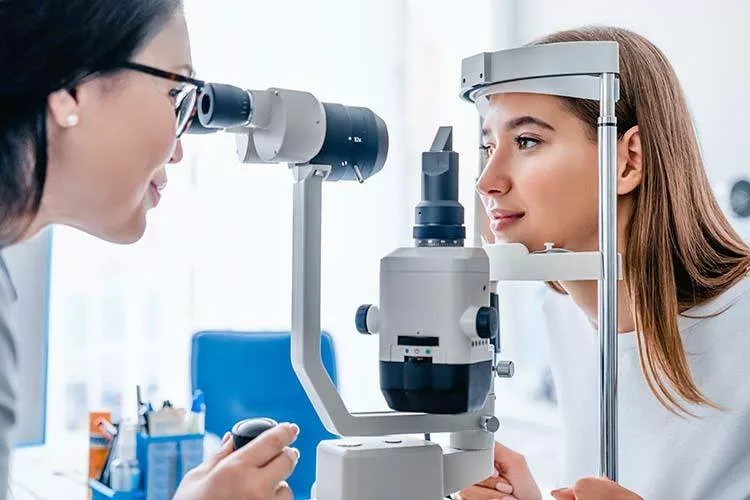
Imagine you’re taking a stroll in the Bronx, and you stumble upon a sign that says Bronx diabetic retinopathy. You wonder: Who should I see for this, an optometrist or an ophthalmologist? It’s a common question, and it’s one I’m here to answer. This post will cut through the confusion. We’ll compare optometrists and ophthalmologists. You’ll learn what makes them distinct, and who to visit for different eye health issues. Let’s start with the basics.
The Basics: Optometrists
Optometrists, also called Doctors of Optometry, are eye doctors who can examine, diagnose, and manage diseases and disorders of the visual system. They can also treat eye injuries and prescribe eyeglasses and contact lenses. Yet, they do not perform surgery.
The Basics: Ophthalmologists
On the other hand, ophthalmologists are medical doctors who specialize in eye and vision care. They provide the same services as optometrists, but they can also perform eye surgery and treat more complex eye conditions.
Comparison Table
| OPTOMETRIST | OPHTHALMOLOGIST | |
| Education | Doctor of Optometry (OD) degree | Medical Doctor (MD) or Doctor of Osteopathic Medicine (DO) degree |
| Can Diagnose and Treat Eye Diseases | Yes | Yes |
| Can Perform Surgery | No | Yes |
So, who should you see for your eye health issue? It depends. For regular eye exams, vision tests, and prescriptions for glasses or contact lenses, an optometrist is a great choice. But if you have a serious eye condition or need surgery, you’ll want to see an ophthalmologist.
If you’re interested in learning more about this, you can check the American Academy of Ophthalmology to understand more about the work of an ophthalmologist. For more information about an optometrist’s role, visit the American Optometric Association.
Remember, whether you need an optometrist or an ophthalmologist, the key is to get regular eye exams. Eye health is crucial to your overall health. Don’t overlook it.